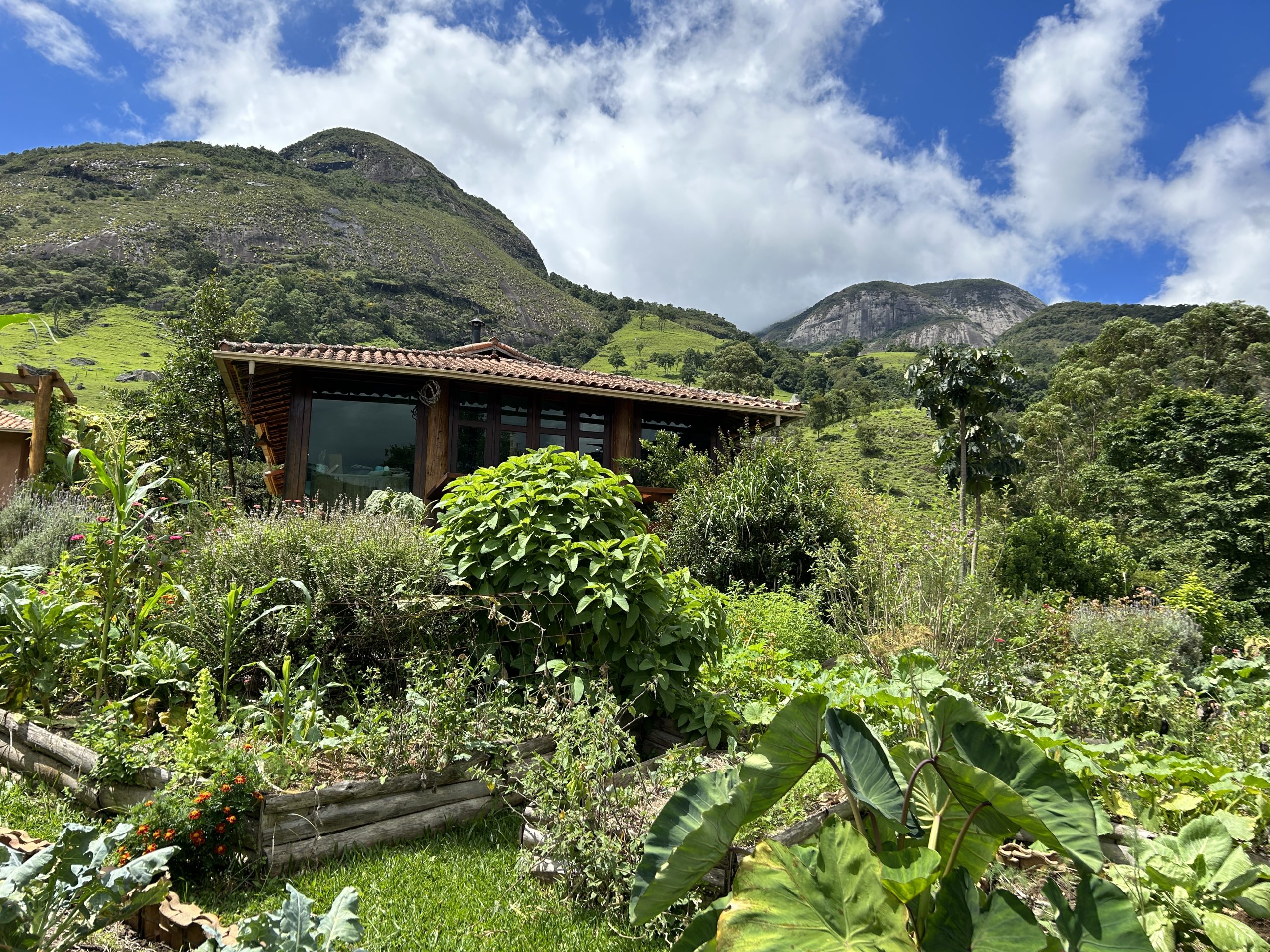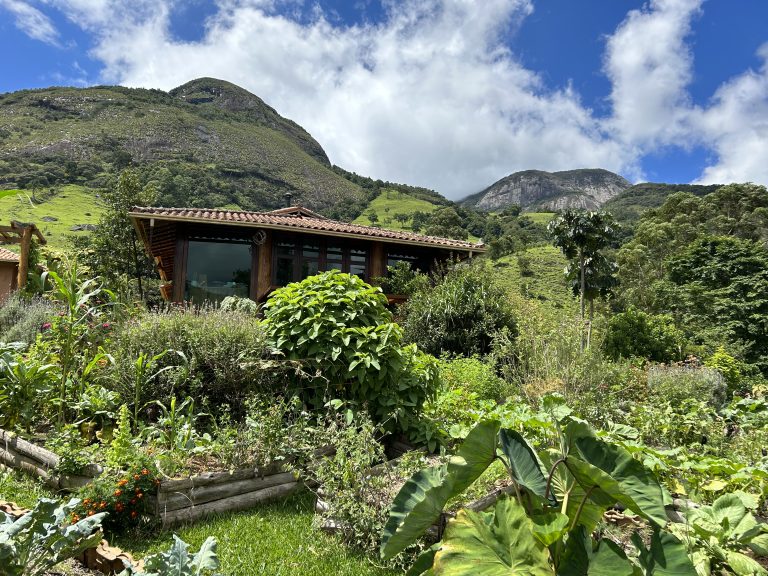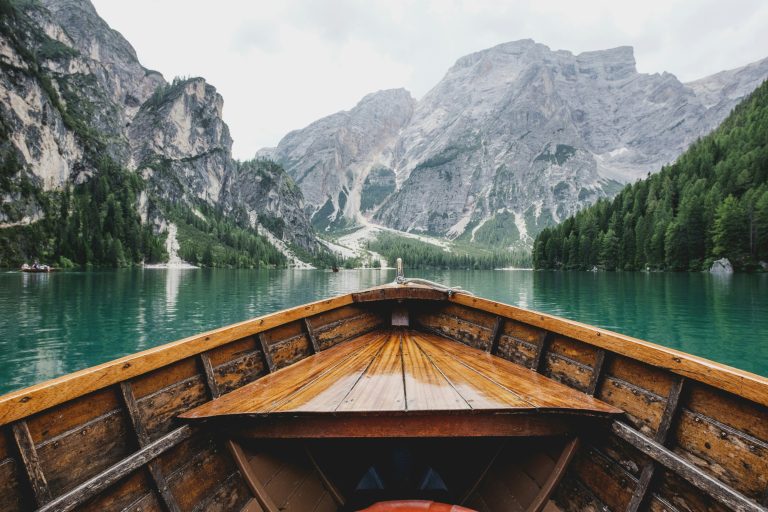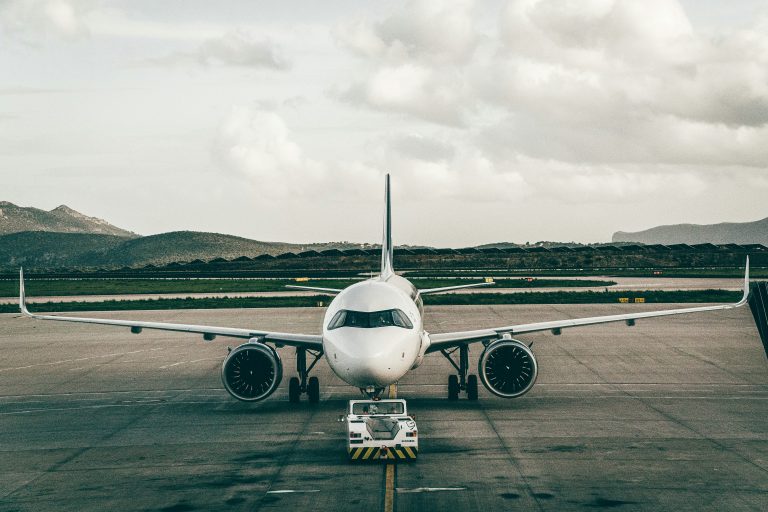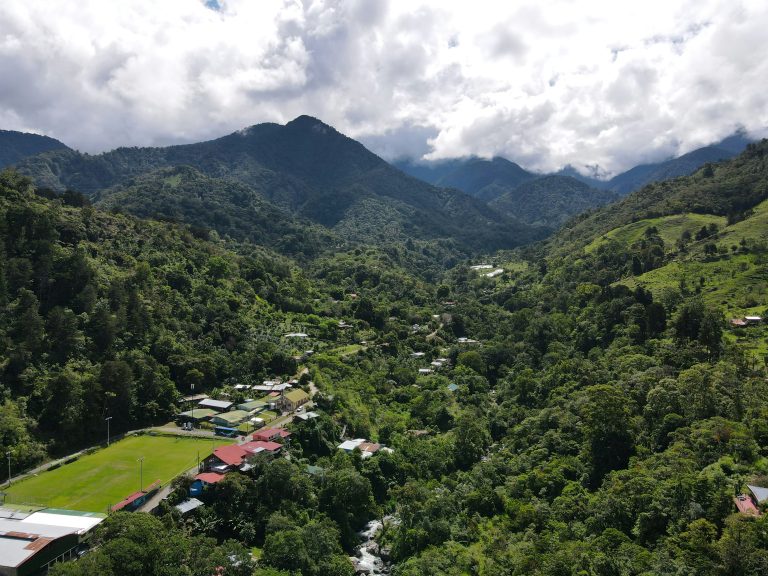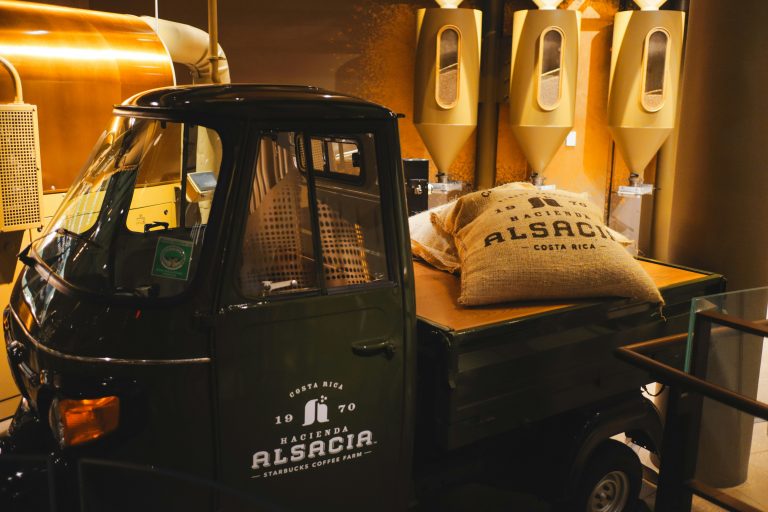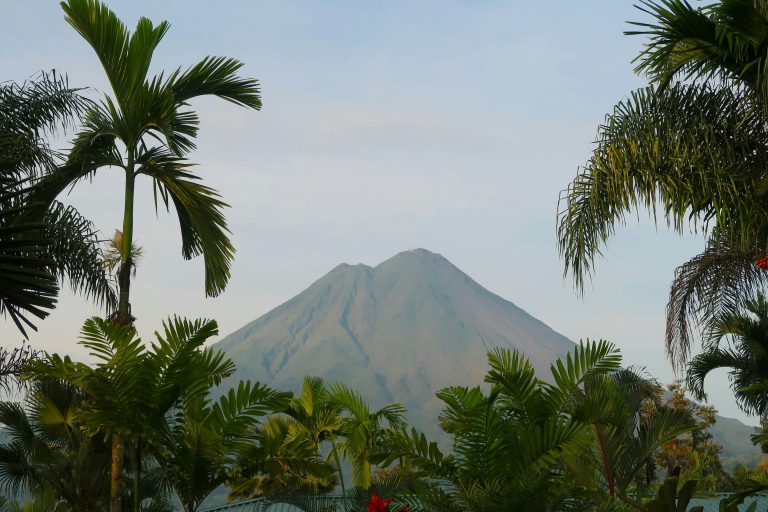Permaculture: What it Means and How Principles Shape Every Evolve Tours Trip
And Why They Matter for Today’s Students
When people hear the word permaculture, they often think of farming, gardens, or sustainable landscapes. But permaculture—especially as outlined by David Holmgren—is much bigger than that. It's a design philosophy for living, learning, and making choices that create a healthier future.
At Evolve Tours, these principles naturally weave into everything we do, whether we’re snorkeling with marine biologists in Tahiti, cooking with artisans in Oaxaca, hiking through the Sacred Valley of Peru, or exploring sustainability innovations in Japan.
Educational travel isn't just about seeing the world. It’s about learning how to move through the world with awareness, curiosity, and a sense of responsibility. Holmgren’s 12 principles give students a framework to understand that.
Below, we look at key principles—and show exactly how they come alive on our trips.
1. Observe & Interact
Students step out of the classroom and into living systems.
They watch how communities build, cook, grow, share, celebrate, and problem-solve.
This happens everywhere:
- Watching traditional farming systems in Peru
- Observing coral regeneration in French Polynesia
- Learning city-scale sustainability systems in Tokyo
- Exploring forest ecology in Quebec or BC
Every destination becomes a case study in how humans and nature interact.
2. Catch & Store Energy
From solar learning centers in Costa Rica to water-harvesting projects in the Andes, students see how communities create long-term solutions—then reflect on how this applies to their own lives.
They discover:
- solar ovens
- thermal mass
- compost heat systems
- traditional food-preservation practices
And they ask: How do communities preserve energy—food, resources, culture—across generations?
3. Obtain Yield
Every Evolve trip connects experiences to real learning outcomes.
Whether it’s:
- cooking a meal with a local chef
- building a piece of community infrastructure
- collecting data for a marine biology project
- creating art with an Indigenous teacher
Students come home with a “yield”: knowledge, skills, confidence, empathy, and perspective.
Apply Self-Regulation & Accept Feedback
Travel uniquely teaches resilience and reflection.
Students:
- adjust to new cultures
- practice patience
- learn respectful behaviour
- adapt when plans shift
Every day on the road is a real-world lesson in self-management and teamwork.
5. Use & Value Renewable Resources
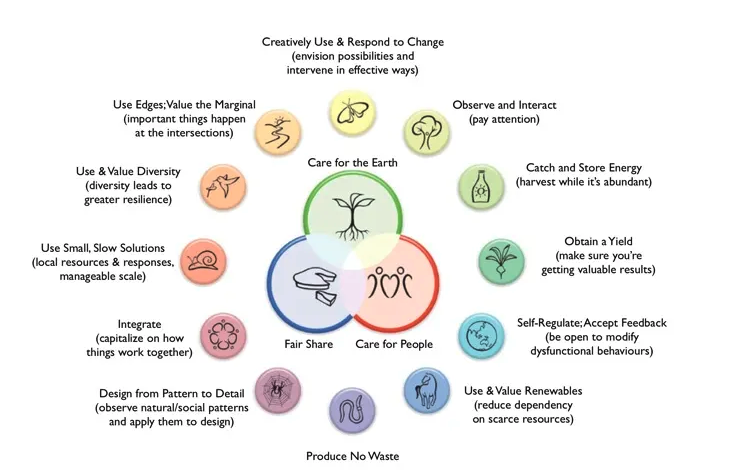
Across our trips, students learn how communities reduce reliance on non-renewables:
- bamboo construction in Costa Rica
- tidal power in the UK
- geothermal energy in Iceland
- Indigenous botanical traditions in Mexico
Sustainability stops being a concept—it becomes something they taste, touch, and step inside.
6. Produce No Waste
Educational travel teaches resource awareness.
Students practice:
- zero-waste cooking
- composting
- recycling systems in other cultures
- upcycling workshops
- low-impact travel habits
This principle often sticks with students long after they return home.
7. Design From Patterns to Details
We zoom out first—showing students the big picture of a place’s landscape, culture, ecology, and challenges—before zooming in on workshops and hands-on experiences.
In Japan, this might mean learning about cultural values before visiting a calligraphy workshop.
In Peru, understanding the Andean worldview before participating in agricultural traditions.
In Costa Rica, studying forest layers before learning about cacao or medicinal plants.
This is how deep learning happens.
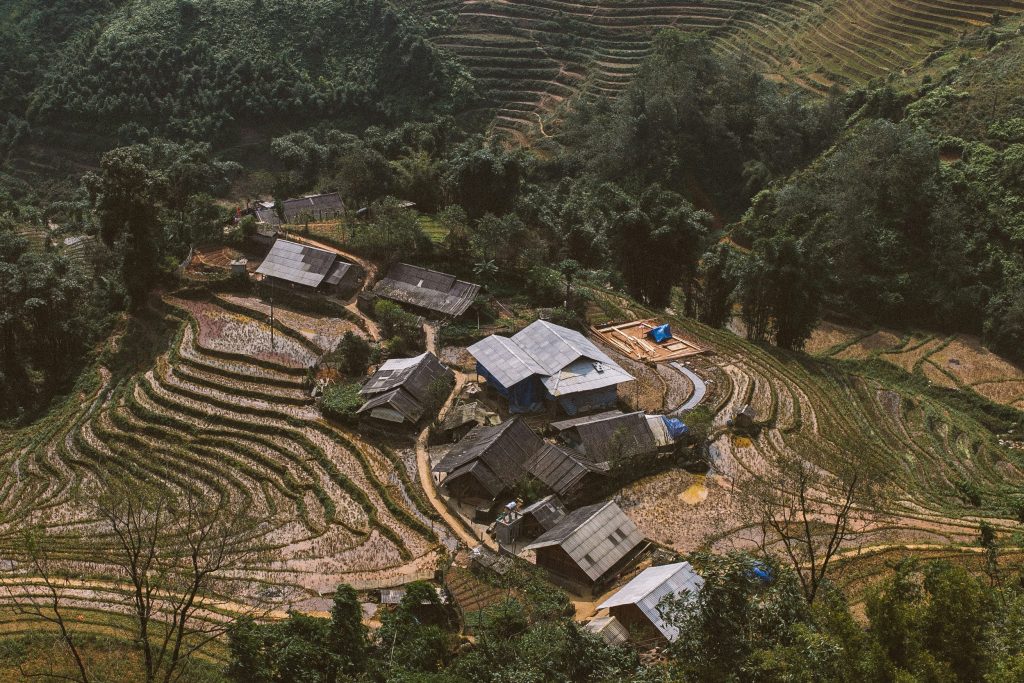
8. Integrate Rather Than Segregate
Every Evolve itinerary is built around connection:
humans with humans, humans with nature, ideas with actions.
Students cook with locals, learn from scientists, walk with farmers, surf with community leaders, and listen to stories from people who call the place home.
Learning becomes relational—not transactional.
9. Use Small & Slow Solutions
We focus on meaningful, human-scale experiences.
One community.
One family.
One farm.
One workshop.
One guide.
Students see that change doesn’t always come from big institutions—it often comes from committed individuals.
10. Use & Value Diversity
Every trip highlights biodiversity, but also cultural diversity.
Students learn:
- Indigenous worldviews
- local languages
- regional culinary traditions
- ecological adaptations
- artistic expressions
Travel teaches that diversity isn't just beautiful—it’s essential.
11. Use Edges & Value the Marginal
Travel takes students to the edges—where culture, ecosystems, and ideas meet.
These edges include:
- mangrove ecosystems
- coral reefs
- rural villages
- mountaintown communities
- urban neighbourhoods shaped by migration
Real learning happens away from the “tourist center.”
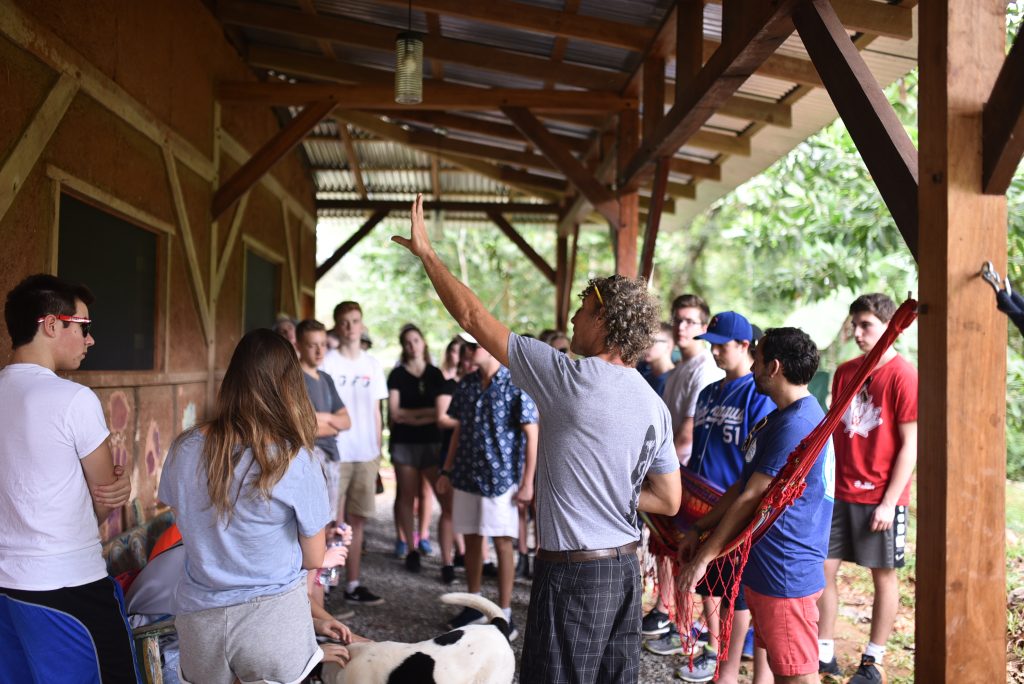
12. Creatively Use & Respond to Change
Travel prepares students for a world of constant change.
They learn to:
- navigate challenges
- adapt creatively
- collaborate with others
- approach unfamiliar situations with curiosity rather than fear
These are life skills that no textbook can teach.
Why Permaculture Belongs in Education (and Travel)
Permaculture is ultimately about thinking—systems thinking, regenerative thinking, community thinking, long-term thinking.
At Evolve Tours, we don’t teach permaculture explicitly on every trip.
But its principles live underneath everything we design.
Every Evolve experience helps students:
- understand the world’s interconnected systems
- build empathy and resilience
- learn from diverse perspectives
- recognize their role in creating a sustainable future
Whether we’re in Costa Rica, Japan, Peru, Italy, or right here in Canada—these principles guide us.
A Better Way to Learn, A Better Way to Travel
When students travel the Evolve way, they don’t just see the world.
They understand it.
They interact with it.
They learn how to care for it.
And that’s the heart of educational travel with purpose.
Come experience Costa Rica the Evolve way — with curiosity, respect, and a little sense of wonder.
📞 Let’s Start Planning
Email: info@evolvetours.com
Phone: 1-888-222-5066
Website: www.evolvetours.com
